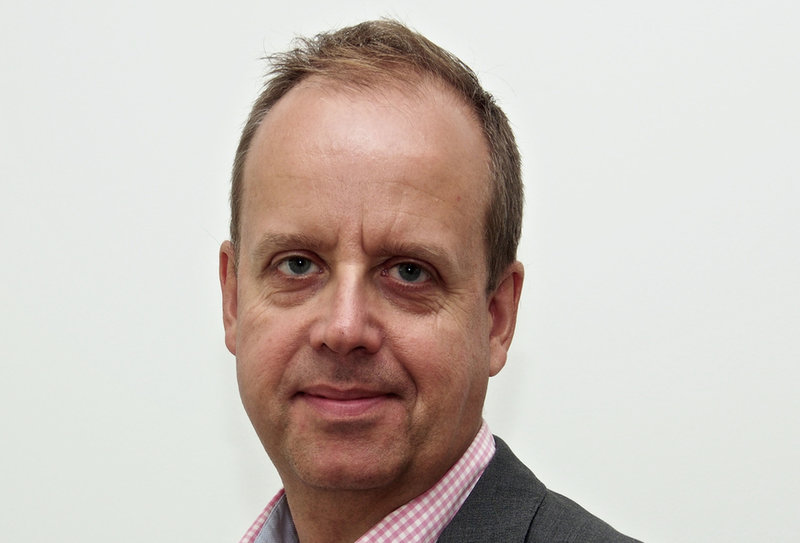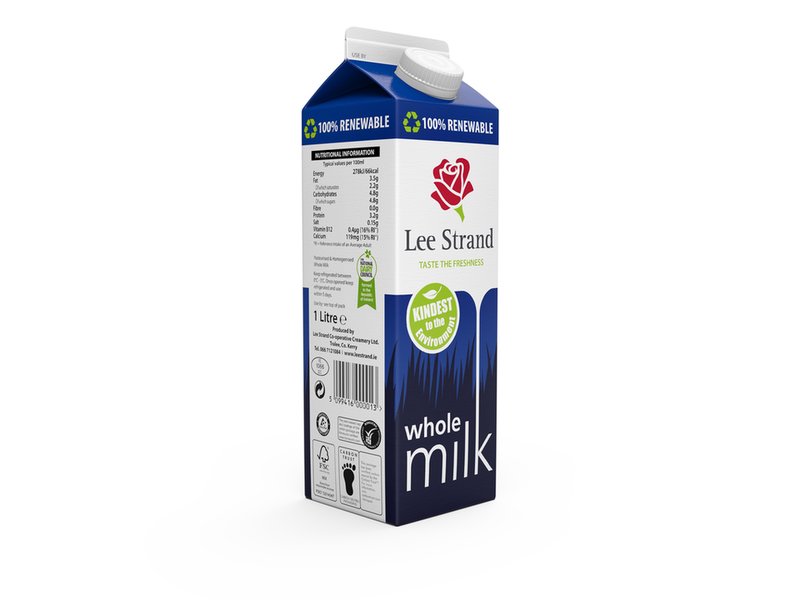Q & A | sustainability
Erik Lindroth
Q & A | sustainability
"The key to change is collaboration": Tetra Pak sustainability director
Erik Lindroth, sustainability director at Tetra Pak Europe, talks to Peter Nilson about the packaging giant’s newly launched plant-based carton packaging and where the responsibility lies in the drive towards a circular economy.

Erik Lindroth
Peter Nilson:
You recently launched Tetra Rex. For those that don’t know, what is the product and how does it improve on sustainability?
Erik Lindroth,
sustainability director at Tetra Pak Europe
Tetra Rex plant-based is the world’s first, and still only, fully renewable beverage carton package. It’s safe, easy-to-use and made from fully renewable, plant-based materials – namely plastic derived from Bonsucro certified sugarcane and paperboard made from wood fibres.
It’s a ground-breaking product in this industry, as it is the first package to completely vault the physical segregation between fossil-based plastics and plant-based plastic. For this reason, it produces up to 35% less CO2 in comparison to a fossil-based package.
What do you see its main applications being?
Tetra Rex Plant-based is the fastest growing product in our portfolio in Europe and comes in multiple sizes, from 250ml to 1750ml packages, meaning it can be used for most liquid products: from juices and nectars to still drinks and food.
We also anticipate it doing particularly well in the dairy market, particularly following the launch of Lee Strand’s new fresh milk product in the 1L Tetra Rex Plant-based carton. This packaging format meets all chilled milk specifications, making it perfect for sustainable-minded dairy product producers.
How does it provide environmental benefits beyond previous Tetra Pak products, and wider market rivals?
When we look at the environmental benefits of Tetra Rex Plant-based, it really comes down to the materials used. This particular packaging format is the first Tetra Pak product to contain only plant-based materials, which means that the plastics used within the package are derived from renewable materials (in this instance sugarcane) and the paperboard from FSC-certified and other controlled sources. The caps, for example, are identical in appearance and functionality to those produced using the more traditional fossil-based plastic.
A key defining feature is that the materials are fully renewable. The sugar cane is Bonsucro certified and not in competition with food supply chains in the regions that it’s grown in. Tetra Pak sources its sugarcane from Brazil, where less than 20% of arable land is cultivated.
Sugar cane is the perfect crop for this region because it can be planted mainly on degraded pastures and is the most productive crop in the world for bioethanol production. Plus, the water requirements during the agricultural phase of the sugarcane cultivation are supplied naturally by rainfall, meaning that the crops are almost never irrigated.
A key defining feature is that the materials are fully renewable.
Looking forward, what is Tetra Pak working on to further its commitment to sustainability?
Sustainability and continued innovation have been a core part of our work for a long time. We are committed to a low carbon circular economy and recognise that we have a public commitment to be innovative and create packaging options for consumers that enable them to make a good environmental choice when buying food.
That’s why we’re investing €80m towards the development of paper straws and tethered caps as part of our ongoing strategy to reduce the overall environmental impact of our materials.
Tetra Pak is also looking at how we can ensure less fossil-based plastic and more plant-based plastic is placed into the market to begin with, and how we can make sure that these materials are recycled and disposed of in a responsible manner at the end of their lives.

The Tetra Rex carton is fully renewable. Image: Tetra Pak
Given the recent trend of a shift back towards single-use by consumers due to Covid-19, do you think there needs to be more effort from consumers in the drive towards a more sustainable, circular economy? Or is this an issue that needs to be handled by companies?
Truthfully, it’s both. To enable the wide-spread adoption of plant-based plastics, consumer behaviour needs to change. One positive impact of the increased discussion around plastic in recent years is that consumers are starting to place additional consideration on their packaging choices.
However, no one person or organisation can create these huge changes alone. It has to be a collaborative effort and there is a big role for industry to play.
There are expectations on businesses to take society in the direction that we want to go – I think if we showcase the value of sustainability and plant-based plastics to leaders and policy makers across the packaging value chain, we can increase the appetite for industries to step forward, drive change and help consumers make good environmental choices.
There are expectations on businesses to take society in the direction that we want to go.
What do you think companies can, and should, do to help support sustainability in this climate?
A more sustainable future cannot be achieved with industry in silo – the key to change is simple, yet challenging: collaboration.
Governments, retailers, brands, packaging companies and consumers need to work together to reduce the carbon impact at each level of the packaging production process, from the use of raw materials within the package itself, all the way to recycling.
We believe that looking at the carbon impact is what will make the biggest difference – which is why our cartons are increasingly a great low plastic, low carbon, recyclable and renewable packaging choice.